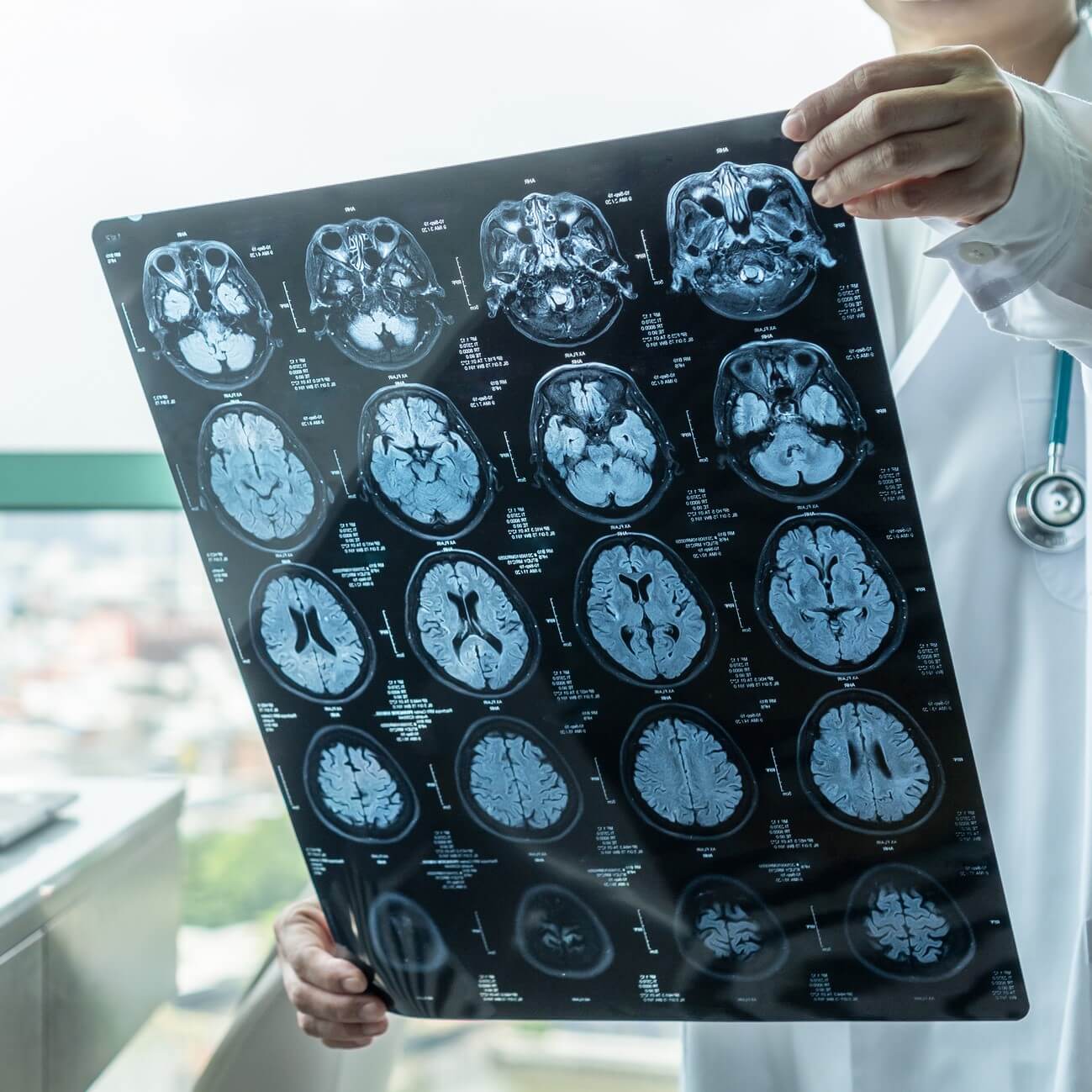After a car accident, visible injuries aren’t the only thing to worry about. While it’s easy to recognize a broken bone or burn injury, some of the most serious injuries you can suffer—especially brain injuries—aren’t always obvious right away.
A traumatic brain injury (TBI) can happen any time the head experiences significant force. That includes direct impacts, but it also includes the rapid acceleration and deceleration that happens in many crashes. For example, a whiplash injury might jolt your brain inside your skull with enough force to cause damage—even if your head never hits anything.
How to Tell If Someone Might Have a TBI
Recognizing the signs of a traumatic brain injury is one of the most important steps you can take after a crash. Even if you're not sure, it’s crucial to get checked out by a doctor. TBIs can show up hours or days later, and without proper medical care, symptoms can worsen.
According to the Mayo Clinic, signs of a mild TBI include:
- Loss of consciousness (a few seconds to a few minutes)
- Feeling dazed, confused, or disoriented without losing consciousness
- Headache, nausea, or vomiting
- Fatigue, drowsiness, or difficulty sleeping
- Dizziness, balance issues, or blurred vision
- Memory or concentration problems
- Depression, anxiety, or mood changes
More severe TBIs can come with even more serious symptoms:
- Prolonged unconsciousness
- Seizures or clear fluids from the nose or ears
- Slurred speech or dilated pupils
- Numbness, weakness, or unresponsiveness
- Agitation or coma
How Brain Injuries Affect Daily Life
Brain injuries don't just cause physical discomfort—they can interrupt your entire life. Even a mild TBI can lead to challenges with memory, balance, concentration, and emotional control. That means everyday activities—going to work, helping your kids with homework, even holding a conversation—can become difficult or impossible.
Some survivors need physical therapy, cognitive rehab, or counseling just to get back to where they were before the crash. Others may never fully recover. For those who’ve suffered life-altering injuries, early medical documentation and legal support are key to getting the resources they need to rebuild.
Why People Often Ignore Brain Injury Symptoms
One of the most dangerous things about TBIs is how easily they’re overlooked. Symptoms like headaches or forgetfulness are easy to chalk up to stress. And if someone didn’t hit their head or black out, they might assume they’re fine.
But brain injuries can happen without direct impact. Whiplash, for instance, is a common cause of TBIs. Sometimes, it’s not until friends or family notice changes in mood, memory, or behavior that someone realizes something’s wrong.
If you’ve been in a crash, don’t brush off even mild symptoms. A quick checkup with a doctor could make all the difference.
Why Is It Important to Identify a TBI as Soon as Possible?
Diagnosing a TBI early gives you a better shot at recovery—and it strengthens any legal claim you might have. The more time that passes between your crash and a diagnosis, the harder it is to prove the injury was caused by the accident. That can make it harder to recover compensation for your medical bills, lost income, or long-term care.
Undiagnosed TBIs can also lead to long-term health issues. Some studies have linked brain injuries to serious conditions like Alzheimer's, Parkinson’s, and dementia.
Complications of a TBI may include:
- Fluid buildup in the brain
- Blood clots, strokes, or infections
- Vertigo, headaches, and chronic pain
- Cognitive or communication issues
- Emotional and behavioral changes
- Loss of independence or employment
The bottom line: If someone else caused your crash, you deserve answers and support. Recognizing symptoms early can connect your injury to the accident and strengthen your personal injury claim.
Side Impact Car Accidents & Brain Injuries
Side-impact crashes pose a unique danger. According to a study from the University of Rochester, passengers in side-impact collisions are three times more likely to suffer a traumatic brain injury.
Other findings from the report include:
- TBI-related fatalities occur in over half of single-vehicle side-impact crashes
- Improved head protection could reduce critical injuries
- Females face greater risk of TBI due to differences in neck strength
- Side-impact brain injuries tend to be more severe
- Nearly 10,000 people die in side-impact crashes annually
Given these risks, emergency responders and doctors should always consider the possibility of a brain injury—even if symptoms aren’t obvious right away.
Are Children At A Higher Risk of TBI?
Yes. A study published by the Association for the Advancement of Automotive Medicine found that children aged 5 to 9 face significantly higher risk in side-impact crashes than in front or rear-end collisions.
The study found:
- 39% of children in side-impact crashes suffered head injuries
- 17% experienced abdominal trauma
- 23% had extremity injuries
If your child was in a crash, get them checked immediately—even if they seem okay. Prompt evaluation and testing can identify hidden injuries and start treatment right away.
HHR Gets Plaintiffs the Compensation They Need After a Brain Injury
At Handler, Henning & Rosenberg LLC, we’ve been standing up for crash victims across Pennsylvania for over a century. Our team knows how devastating TBIs can be—for your health, your finances, and your future. We fight to hold negligent drivers accountable and pursue every dollar our clients are owed.
If someone else’s carelessness caused your brain injury, don’t wait to get legal advice. We’ve helped clients across Harrisburg, Lancaster, York, Hanover, and Carlisle get results.
Call our brain injury lawyers today at (888) 498-3023 for a free consultation. Let’s talk about what happened, what your options are, and how we can help.


